Curated by: Sergio A. Martínez
What does it mean for a developer to build a career? Requiring dedication and hard work, a career as a software developer is an incredibly rewarding path, and for those who are up for the challenge, can lead to both professional and personal growth, applying valuable skills like problem-solving, coding proficiency, and thought leadership into products that everyone can enjoy. But to build a successful career as a developer means not only gaining technical know-how but finding solutions to real-world problems through technology, innovation, and collaboration, experiencing the gratification of creating something with impact and value in the process.
In consequence, for a software developer, the importance of career growth should not be underestimated. Throughout your career, it’s essential to keep challenging yourself to stay on top of the ever-evolving tech industry, applying your knowledge and interpersonal skills to create something special, supporting (and being supported by) a community of like-minded people who understand the value and potential of software in all facets of our lives.
For these reasons, working your way up in a company can be a thrilling ride for a developer—You start by learning about the tech and code base, then finding ways to improve it, and eventually contributing to more strategic decisions. You get to know the team and the culture, which means your work has more purpose than external projects alone, offering an extended sense of belonging and the feeling of being part of something bigger than yourself. And all these without mentioning the many opportunities you have to learn from experienced colleagues and sharpen old skills as well as acquire new ones. Plus, there’s the challenge of staying ahead of rapidly changing tech, and at the end of it all, you get to know that you helped build something truly significant. It’s both exciting and rewarding! All in all, it can be an incredibly fulfilling experience for a developer to build their career with a single organization.
However, not many developers out there have the opportunity to witness first-hand the impact of their work, or build relationships with colleagues and really get to know a business culture. A dedicated developer who stays with the same organization can easily become an expert in the industry and can leverage their established expertise to push projects forward and create even more meaningful changes. Leaving more time to focuse on honing their craft and eventually leading the charge on initiatives that matter most.
Getting in touch with Scio

To better understand this, we talked with Juan Miguel Alcalá, a Lead Developer that has been part of Scio for the last 12 years, about his journey in the software industry, and how a developer like him builds a career and grows his skills in such a constantly challenging industry like software development. “Scio was my first job at a company purely dedicated to software”, he remembers. “Before that, I was part of a small IT department, where I was practically alone, so I didn’t have the chance of practicing new skills. I had to do a lot of self-learning back then, joining developers’ communities and forums to see what they talked about, which helped me decide what to focus on. That’s how I built my skill set before my first interview at Scio.”
Software development is an ever-evolving field of work that requires a developer to stay up-to-date with the latest trends, and one of the best ways to go about this is by self-learning. This process allows developers to set their own pace, as well as explore topics they are interested in while building upon basic skills, just like Juan did. Additionally, it can encourage developers to practice what they learn and troubleshoot issues on their own – skills that become invaluable on the job. Self-learning also provides flexibility to participants, allowing them to fit in coursework or investigate new tech around their schedule. All these factors make self-learning a popular approach for software developers invested in their own personal growth.
“It was thanks to these communities that I got in touch with Luis Aburto [CEO of Scio]. It was specifically a .NET community we started here in Morelia, and Luis asked about the technologies we were interested in, how we practiced, and eventually if we would like to be part of Scio. I was already thinking of trying something different, so I went for it. I was interviewed by one of the Lead Architects they had back then, and more than technical tests, he was interested in understanding how I learned and practiced new skills, how I choose, and how I kept myself up-to-date. As you can see, twelve years later, I’m still here.”
This ties into how Scio values a cultural match between developers to ensure that collaboration and communication are always top-notch and provides chances to learn plenty of hard and soft skills on-site. After all, investing in the career growth of a developer is a must for any company that wants to move forward; it not only helps your developers update their skills but also encourages them to make valuable contributions that drive innovation. Moreover, training and providing opportunities for developers will show how your software development teams are reliable, trustworthy, and adhere to industry standards. Software development is an integral part of every organization today; so it’s essential that companies invest in their developers’ career growth for long-term success.
Growth together

Of course, back in 2009, things were very different in the software industry, and Juan Miguel has witnessed over the course of more than one decade how the approach and general philosophy of development have changed. “Back then, when I first started at Scio, the Agile methodologies and SCRUM were still pretty new. In fact, Scio was one of the first software development companies in Mexico to adopt this development framework, and it was interesting to learn and apply it when I was starting as a junior. I was a self-taught person at this point, so the advantage I would have over my friends was pretty attractive.”
On that note, it’s no surprise that the Agile methodology is responsible for revolutionizing the way software development is approached today. Its flexibility and streamlined processes were game-changing when it was first introduced and still benefit teams of all sizes even more than a decade later. Emphasizing collaboration between departments, frequent feedback from clients, and the ability to adapt quickly to changes throughout the process. This allows every team to produce higher quality products much faster than previously possible, with less risk and wasted effort. With Scio’s developers no longer caught up in tedious processes (easily dividing tasks into streamlined short sprints instead), taking an iterative approach allowed them to quickly make necessary adjustments and move forward with a greater chance to learn from their peers and grow in the process. At Scio, where the best software developers in Mexico and Latin America collaborate and learn together, this approach is key. It leads to a career like no other.
“I used to have another approach to development back then, but with more people in the team, I had to learn to think about others, give feedback, and follow some well-established standards to ensure that everyone who interacted with the system I made could do it well. That, alongside being able to interact with the clients directly, and participate in the deployments, enriched what I did and how I communicated.”
At Scio, these efforts are at the core of taking the leap from Junior to Senior developer, which can seem like a daunting experience, but it’s incredibly rewarding and empowering. It requires both an investment in yourself and in your skillset to make the transition successful. Taking initiative, problem-solving, communication skills, and building strong relationships with teammates are all important components to thriving as a senior developer. And although there may be more responsibility on your plate, this is also an opportunity for greater job satisfaction and more chances to stretch yourself professionally. With these steps taken, everyone has the potential to make an impactful change.
“Eventually, it was my turn to become a Lead. I remember that it was a project for a tennis league, and I had to choose people for the team that was going to focus on that. And what you learn from this process is to pay attention to the strengths of people, which role suits them better, and how to configure the team so everyone can cover for each other during development, having the necessary expertise on every part of the project to make it successful. I think that skill is my strong suit, bringing a diverse perspective to a development process where new ideas and solutions can come constantly and from everyone.”
Final words
As you can see, working at the right company can provide an amazing journey for those who are seeking to further their careers in the software industry. A developer can experience career growth by taking on increasing responsibilities, building relationships with colleagues, and mastering skills that allow them to gain a deeper understanding of the nature of their work. It’s an exciting prospect when a person feels capable of taking on more complex problems and succeeding and it’s incredible to get to be in charge of their own projects. After all, with the right team, you can count on decent support, plentiful resources, and clear guidance that helps you acquire the skills, knowledge, and experience necessary to transition into a higher-level role. On top of it all, you also get a sense of accomplishment and pride that is hard to beat. If you manage to reach this level in your job, be sure to show appreciation for the team that made it possible—it’s a journey worth celebrating!
The Key Takeaways
- One of the best things about the software development experience is to grow skills and learn new approaches every day to create better products.
- The journey from Junior dev to Project Lead is one of growth, challenges, and focus on your strengths, as well as how you relate with others.
- At Scio, this journey consists of sharing knowledge and letting people choose their path to become well-rounded teammates you can count on.
- Being part of an organization that invests in your growth as a developer is the best decision to conquer new skills and build an amazing career creating solutions and innovations in software.
